- Many Americans are still earning higher interest after a series of rate hikes from the Federal Reserve.
- Interest from savings accounts or certificates of deposits incurs regular or “ordinary income” taxes, depending on your federal income tax bracket.
- But there are options to reduce taxable interest, according to financial advisors.
The first question someone should ask is how much cash do they still need and whether it makes sense to invest some of that money elsewhere, according to CFP Ashton Lawrence, director at Mariner Wealth Advisors in Greenville, South Carolina.
Typically, financial experts recommend keeping an emergency fund of three to six months to apply to living expenses. But the amount could be higher depending on your needs or short-term goals, experts say.
For those ready to explore tax-friendly investments for cash allocations, here are some options to consider.
‘One of the best options’ for cash
If you’re a higher earner, you may consider municipal bonds, muni bond funds or muni money market funds, experts say.
There are no federal taxes on interest accrued on these assets and you could even avoid state and local levies, depending on where you live. But muni bond interest can trigger higher Medicare Part B premiums, experts warn.
A muni bond exchange-traded fund is “one of the best options available” for tax-advantaged cash, said CFP Andrew Herzog, an associate wealth advisor at The Watchman Group in Plano, Texas.
Muni bond fund yields can be lower than their taxable counterparts. But you need to calculate the after-tax yield on fully taxable funds for an apples-to-apples comparison.
Save in ‘high-income tax states’
Another option for cash is Treasury bills, or T-bills, with terms ranging from one month to one year, according to Thomas Scanlon, a CFP at Raymond James in Manchester, Connecticut.
While you’ll still owe federal taxes on T-bill income, the assets are exempt from state and local taxes.
“This really matters in high-income tax states like California, New York and others,” Scanlon said. But there’s no benefit in places like Florida or Texas with no state income tax.


